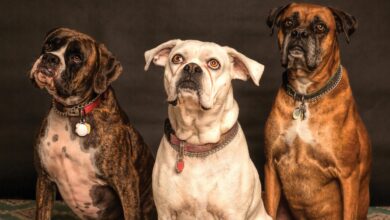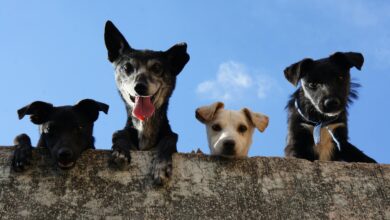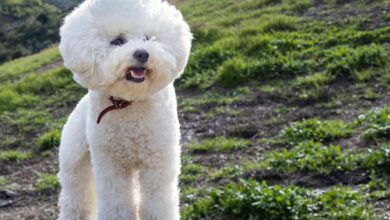Large Dog Breeds: Loyal & Protective Companions for Spacious Homes
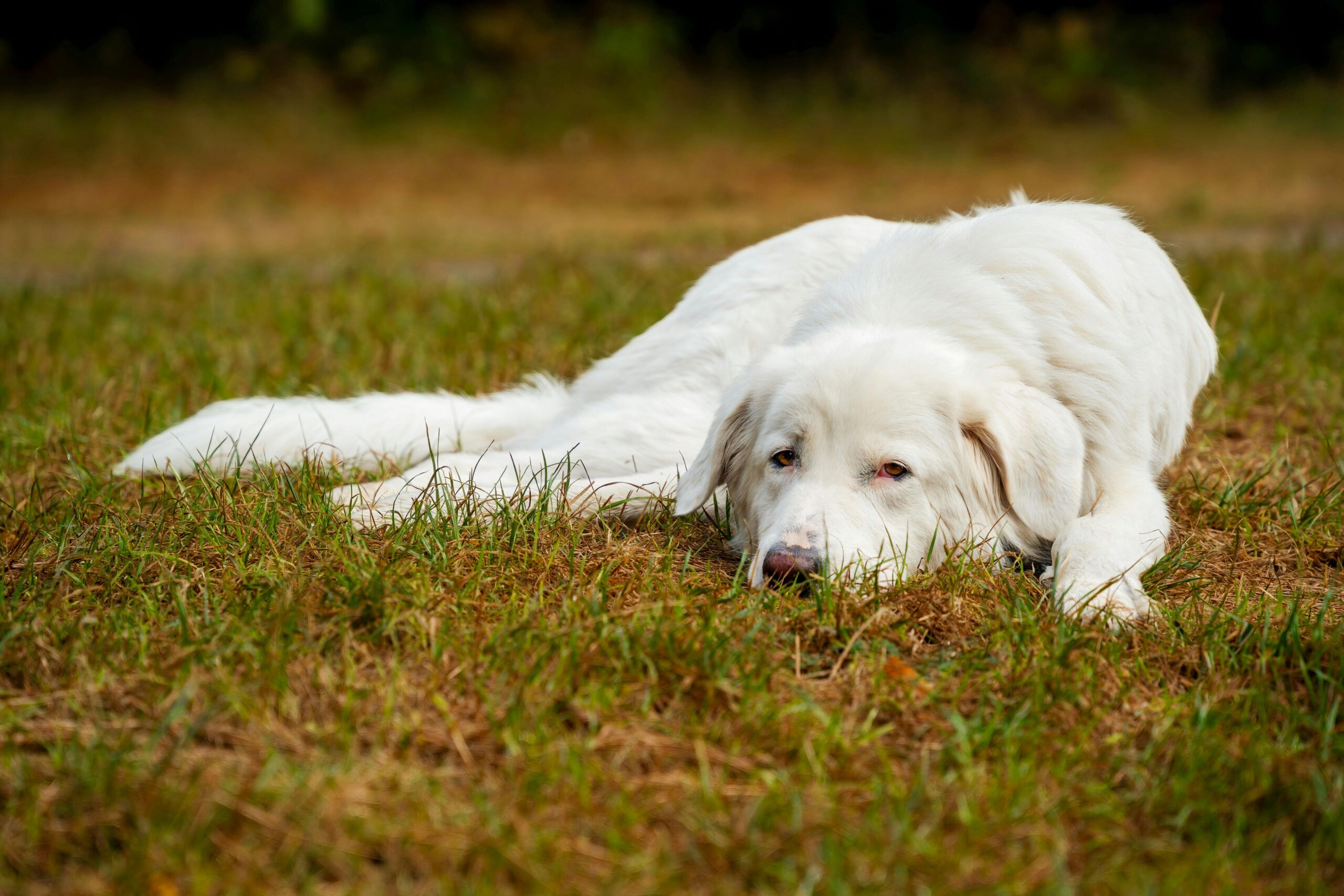
Table of Contents
Are you contemplating adding a furry member to your family, and your living situation allows for a grand scale? Do you envision a steadfast protector and an affectionate companion who truly fills a room? Then exploring the world of large dog breeds might be the perfect next step for you. These impressive canines possess a unique blend of strength, loyalty, and often, a surprisingly gentle disposition, making them exceptional pets for the right household.
However, welcoming a large breed dog requires a deeper understanding of their specific needs, beyond just their impressive size. This article delves into the fascinating characteristics of large dog breeds, helping you determine if one of these magnificent animals is the ideal addition to your life and spacious home.
The Enduring Appeal of Large Dog Breeds
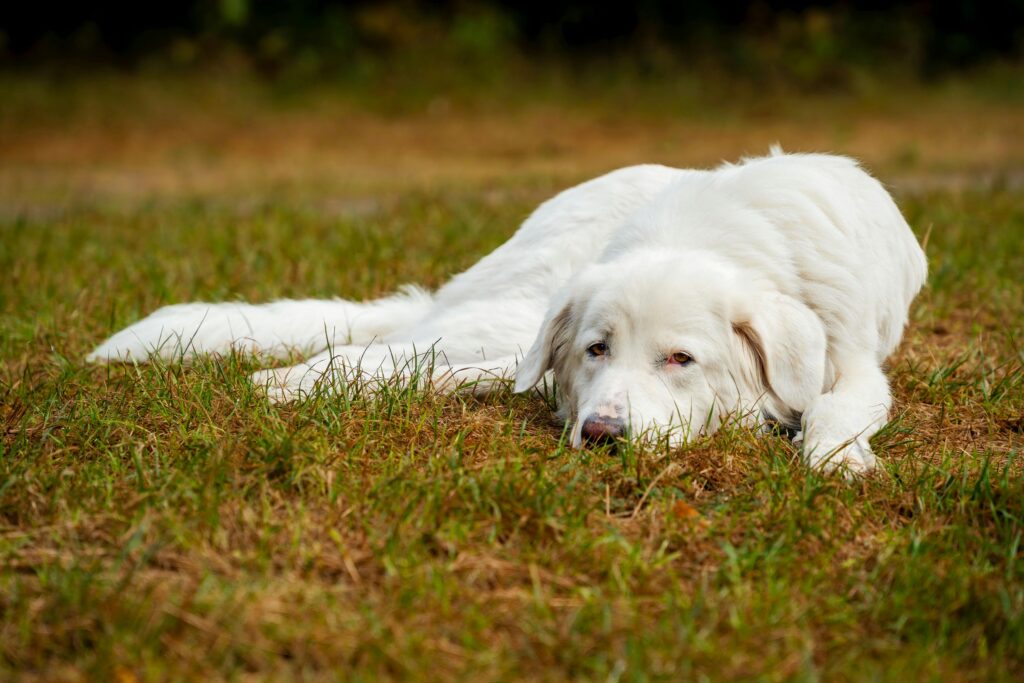
What is it about large dog breeds that captures so many hearts? Beyond their imposing presence, these dogs often embody qualities highly sought after in a canine companion. Their size naturally lends itself to a sense of security; knowing you have a powerful, protective presence by your side can be incredibly comforting. Numerous large dog breeds, such as the loyal German Shepherd or the watchful Mastiff, were originally bred for guarding and protection, and these instincts are often deeply ingrained.
However, the appeal extends far beyond just guardian capabilities. Many large dog breeds are renowned for their unwavering loyalty. Once they bond with their family, that connection is profound and enduring. You’ll find yourself with a constant shadow, a devoted friend who is always happy to see you and eager to share your space. This inherent need for close proximity often translates into a deeply affectionate relationship. Despite their size, many large dog breeds are surprisingly cuddly and enjoy nothing more than snuggling up on the couch with their favorite humans.
Understanding the Needs of Large Dog Breeds
While the appeal of large dog breeds is undeniable, it’s crucial to approach ownership with a realistic understanding of their specific requirements. It’s not just about having enough floor space; you need to consider their needs in several key areas:
Space Considerations Beyond Square Footage
When we talk about large dog breeds and spacious homes, we’re not just talking about the square footage of your living room. While ample indoor space is certainly beneficial, consider the types of space they need. Do you have a secure, fenced yard where they can run and play freely? This is often essential for their physical and mental well-being. Large dog breeds with high energy levels, like the energetic Labrador Retriever or the playful Bernese Mountain Dog, require significant outdoor exercise to stay happy and healthy.
Furthermore, think about the space needed for their large beds, feeding areas, and even grooming. A sizable dog bed can take up a significant footprint, and finding a comfortable and supportive one designed for their weight is crucial for their joint health.
Exercise Requirements: More Than Just a Walk
The exercise needs of large dog breeds vary significantly depending on the specific breed. Some, like the calm and gentle Great Dane, are content with moderate walks and indoor playtime, while others, such as the highly active Weimaraner or the intelligent Border Collie (often categorized as a large breed based on working lines), require vigorous daily exercise to prevent boredom and destructive behaviors.
It’s imperative that you honestly assess your lifestyle and ability to commit to the exercise demands of your chosen large dog breed. Two short walks a day might not be enough for a high-energy GSD; they might need jogging, fetch, hiking, or even canine sports to truly thrive. Lack of adequate exercise is a common cause of behavioral issues in large dog breeds.
Training and Socialization: Building a Well-Behaved Giant
Training and socialization are arguably even more critical for large dog breeds than for smaller dogs. Due to their size and strength, an untrained or undersocialized large dog breed can be difficult to manage and potentially pose a risk to others. Early and consistent positive reinforcement training is essential for teaching them basic obedience commands, leash manners, and impulse control.
Socialization from a young age is equally important. Exposing your large dog breed puppy to a variety of people, places, sounds, and other well-behaved dogs helps them develop into confident and well-adjusted adults. A fearful or reactive large dog breed can be a handful, so investing time in proper socialization is a vital long-term investment.
Nutrition: Fueling a Large Frame Properly
Due to their rapid growth rate at a young age and their adult size, large dog breeds have specific nutritional needs. Feeding them a high-quality diet formulated for large breed dogs is crucial for supporting healthy bone and joint development and maintaining a healthy weight. Overfeeding or feeding an inappropriate diet can contribute to common health issues in large dog breeds, such as hip dysplasia and elbow dysplasia.
Consulting with your veterinarian about the best food for your specific large dog breed, considering their age, activity level, and any underlying health conditions, is highly recommended.
Understanding Potential Health Concerns in Large Dog Breeds
Large dog breeds are unfortunately prone to certain health issues that are less common in smaller breeds. Being aware of these potential problems is essential for responsible ownership and proactive care. Some of the more prevalent issues include:
- Hip Dysplasia and Elbow Dysplasia: These are genetic conditions where the joints develop abnormally, leading to pain and arthritis.
- Bloat (Gastric Dilatation-Volvulus or GDV): A life-threatening condition where the stomach fills with gas and twists. Large dog breeds with deep chests are at higher risk.
- Osteoarthritis: The degeneration of joint cartilage, often exacerbated by size and weight.
- Certain Cancers: Some large breeds have a higher predisposition to certain types of cancer.
- Heart Conditions: Dilated cardiomyopathy is a condition where the heart muscle becomes thinned and weakened, more common in certain large breeds.
Regular veterinary check-ups, maintaining a healthy weight, and providing appropriate exercise can help mitigate the risk and manage these conditions if they arise.
Popular Large Dog Breeds and Their Unique Personalities
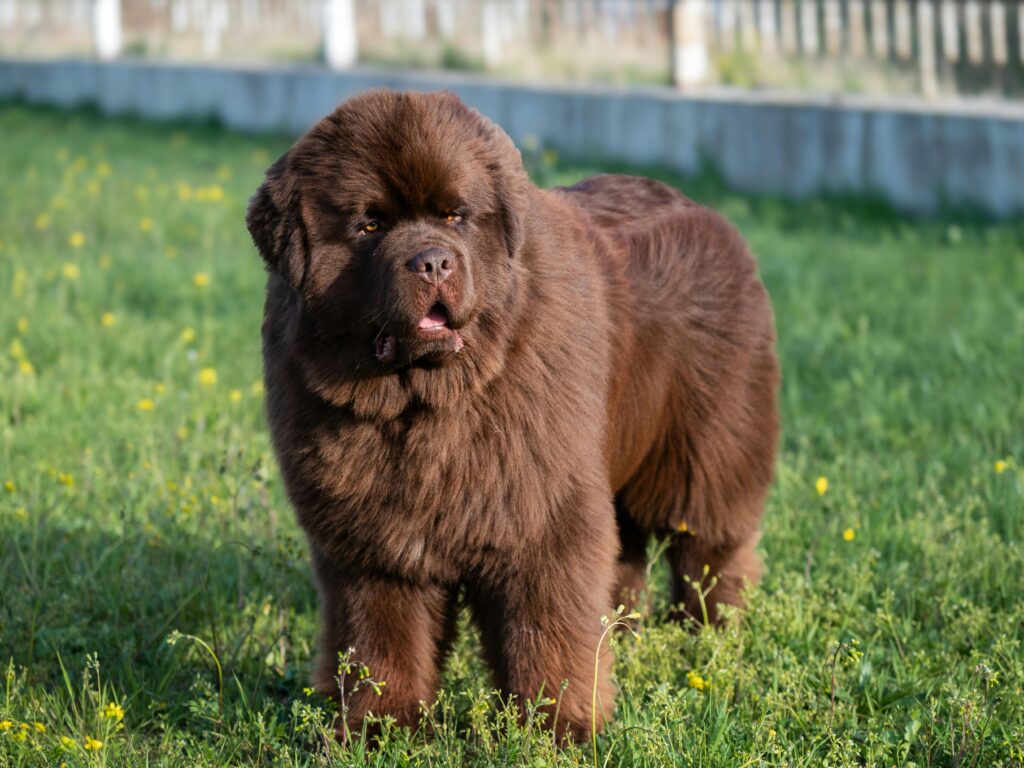
The world of large dog breeds is incredibly diverse, with each breed possessing its own distinct personality and traits. Here are a few popular examples to consider:
- German Shepherd: Known for their intelligence, loyalty, and versatility. They are often used in police and military work due to their trainability and protective instincts. German Shepherds require significant mental and physical stimulation.
- Labrador Retriever: Consistently one of the most popular breeds globally, Labradors are known for their friendly, outgoing, and eager-to-please nature. They are excellent family dogs but are also high-energy and require plenty of exercise.
- Golden Retriever: Similar in temperament to the Labrador, Golden Retrievers are gentle, affectionate, and good with children. They are intelligent and trainable but also require regular exercise and grooming due to their thick coat.
- Great Dane: Often referred to as the “gentle giant,” Great Danes are known for their calm and affectionate demeanor. Despite their imposing size, they are relatively low-energy and content with moderate exercise.
- Bernese Mountain Dog: Easily recognizable by their tri-colored coat, Bernese Mountain Dogs are known for being gentle, good-natured, and loyal family companions. They thrive in colder climates and enjoy outdoor activities.
- Rottweiler: A powerful and confident breed, Rottweilers are known for their protective instincts and unwavering loyalty to their families. Proper socialization and firm, consistent training are essential for this breed.
- Mastiff: With their immense size and calm temperament, Mastiffs are known for being quiet and gentle giants. They are protective but not overly aggressive and are content with moderate exercise.
- Siberian Husky: Bred for pulling sleds in cold climates, Huskies are high-energy, independent, and friendly dogs. They require substantial exercise and mental stimulation to prevent boredom.
This is just a small sample of the many wonderful large dog breeds available. Researching specific breeds that interest you is crucial to finding the right match for your lifestyle.
Choosing the Right Large Dog Breed for Your Home
Selecting a large dog breed is a significant decision that should not be taken lightly. Consider these factors when making your choice:
- Your Lifestyle: Are you active and outdoorsy, or do you prefer a more relaxed pace? Choose a breed whose energy level matches yours.
- Your Living Situation: Do you have a fenced yard? Are there parks and trails nearby?
- Your Experience with Dogs: Some large dog breeds are more challenging to train and manage than others.
- Your Family Dynamic: Do you have children or other pets? Consider a breed known for being good with kids or other animals.
- Your Budget: Large dog breeds often have higher costs associated with food, veterinary care, and grooming.
Ultimately, the best large dog breed for you is one that fits your lifestyle, personality, and ability to meet their specific needs.
The Rewards of Owning a Large Dog Breed
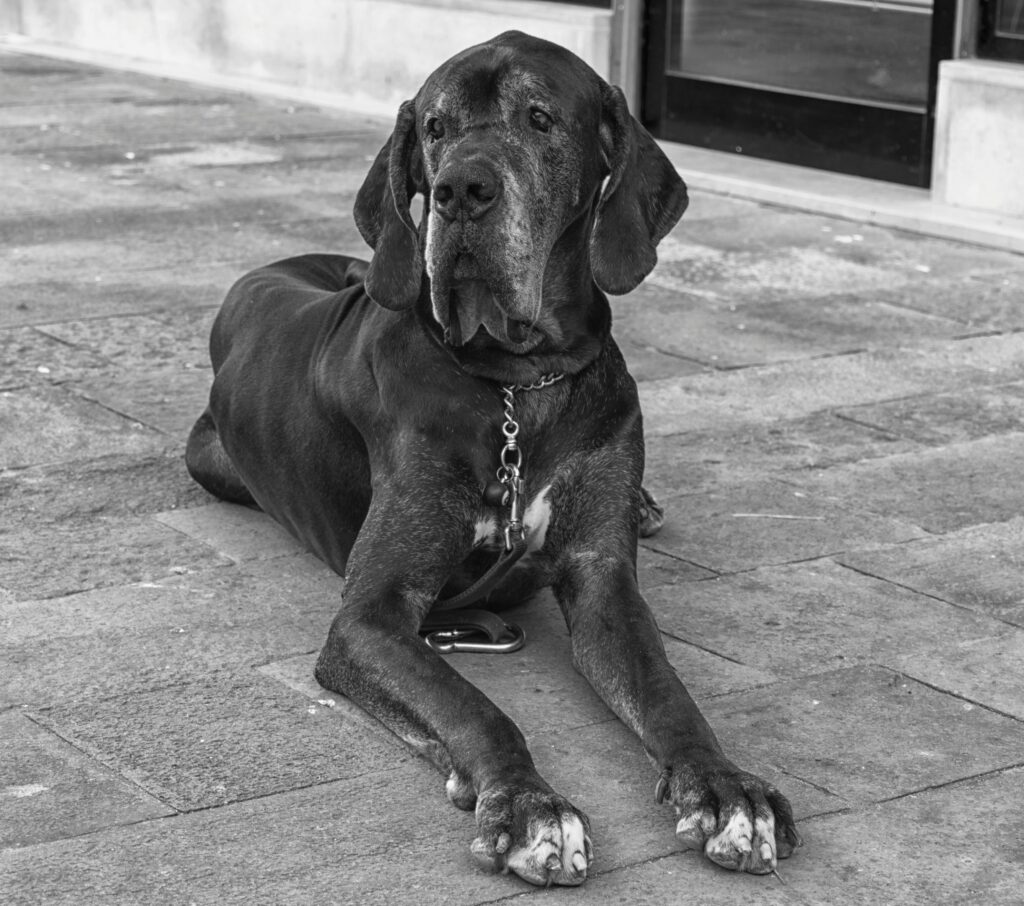
Despite the specific considerations involved, the rewards of owning a large dog breed are immense. You will gain a loyal and loving companion who will enrich your life in countless ways. Their presence can bring a sense of security and comfort, and their affectionate nature provides endless opportunities for snuggles and shared moments. Large dog breeds often have incredible personalities, bringing joy and sometimes comical clumsiness into your home. Sharing outdoor adventures with a large dog breed, whether it’s hiking, running, or simply playing fetch in the yard, can be incredibly fulfilling. The bond you form with a large dog breed is a special one, built on trust, respect, and shared experiences.
Conclusion: Is a Large Dog Breed Right for You?
Welcoming a large dog breed into your home is a commitment, but for those with the right lifestyle, space, and dedication, it is a deeply rewarding experience. These magnificent animals offer unwavering loyalty, protective instincts, and boundless affection. However, their needs regarding space, exercise, training, and potential health concerns are significant. Thoroughly research different large dog breeds, honestly assess your capabilities, and consider whether you can truly provide the environment and care a large dog breed deserves.
If you are looking for a steadfast companion, a loving friend, and a protector for your spacious home, a large dog breed might just be the perfect addition to your family.
Do you currently share your home with a magnificent large dog breed? Share your experiences and insights in the comments below! What do you love most about your gentle giant? What advice would you give to someone considering a large dog breed?
